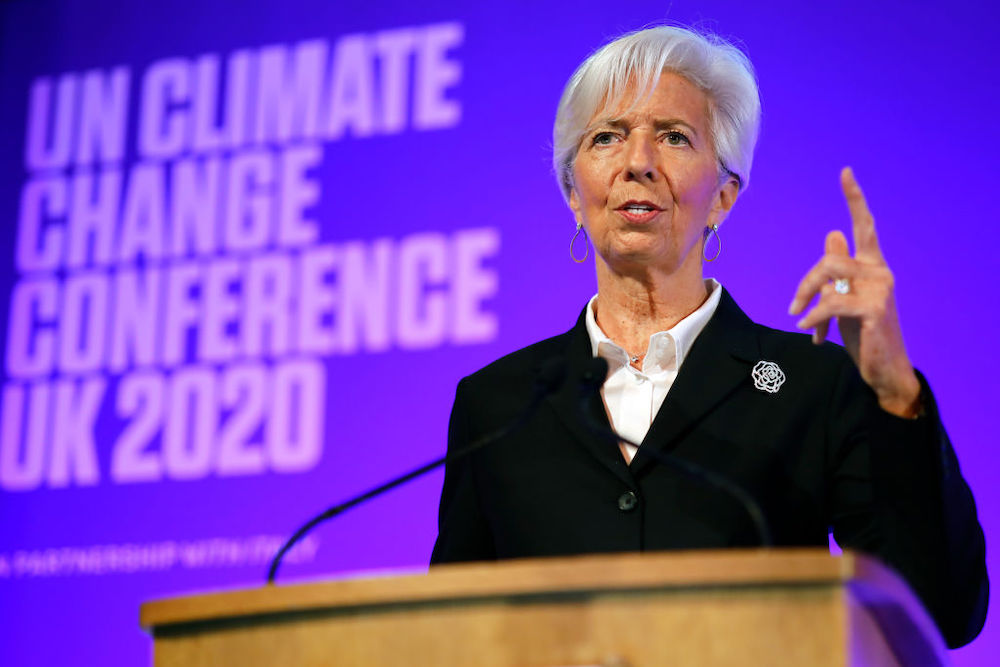- Some environmental advocates say the postponement of the COP26 meeting due to the pandemic may give financial institutions time to come up with a plan to tackle global warming.
- Banks have provided $2.7 trillion in financing for fossil fuel ventures since the adoption of the Paris climate accord and advocates say the industry needs to curtail its investments.
- Companies are feeling more pressure from climate stakeholders to stop backing fossil fuel ventures and switch to renewable energy technologies such as solar and wind power.
Banks should use the delay of the much-anticipated COP26 climate conference to come up with more concrete policies to tackle global warming, environmental advocates say.
Originally scheduled for November in Glasgow, Scotland, COP26 was postponed last week until 2021, due to the COVID-19 pandemic which has killed about 371,166 people worldwide. The delay worried some participants that the environmental agenda of the meeting — which gives stakeholders of the Paris Climate Agreement a chance to evaluate the progress being made to fight global warming and more extreme weather patterns — would be derailed.
However, Patrick McCully, the climate and energy program director at the Rainforest Action Network, says the extra time to prepare for the conference may also help. “The downside was the delay,” McCully told Karma. “If there is an upside, it’s that it allows more time for the financial sector to get its house in order and start moving towards aligning [with the Paris accord] and coming up with long-term targets.”
Overall, financial institutions have provided $2.7 trillion in financing for fossil fuel ventures since the adoption of the Paris climate accord, with a ramp-up in money flows each year since 2016, according to a report that RAN contributed to.
Proponents of alternative energy sources anticipate a heightened discussion from governments about the planning and disbursement of green stimulus packages, policy initiatives focused on renewable energy technologies and potential research into hydrogen technologies.
The falling cost of renewable energy technologies, such as solar and wind power, has created a greater momentum for a switch to green power despite the economic downturn and the pandemic, says Kingsmill Bond, an energy strategist at the advocacy group Carbon Tracker.
“There is more political capital in the green coalition at the same time as it is the economically secure option,” Bond told Karma. “In an environment of constrained resources, we’re likely to see more money coming into green projects because they’re cheaper, faster, and better at creating more local jobs.”
Still, the International Energy Agency has cautioned that if the world wants to cement the current reduction in carbon emissions brought on by the pandemic, then investment into renewables has to increase beyond the $600 billion per year average of the last few years.
Advocates also see next year’s COP26 as a forum to discuss new policies that may go into effect in the U.K. and other European countries mandating companies consider the goals of the Paris Agreement in their operations, says Daniel Wiseman, a climate lawyer with the company and financial project division at Client Earth. The non-profit organization has led several shareholder actions to compel companies to move away from fossil fuel projects.
“We think there’s a big potential for new policy directly requiring certain companies in the economy to proactively align their business with the Paris agreement’s objectives,” said Wiseman, adding that companies would need to “set clear medium and short term targets for how they are going to reduce their emissions and grow a strong, robust and resilient businesses.”
Photo by Tolga Akmen/Getty Images






















